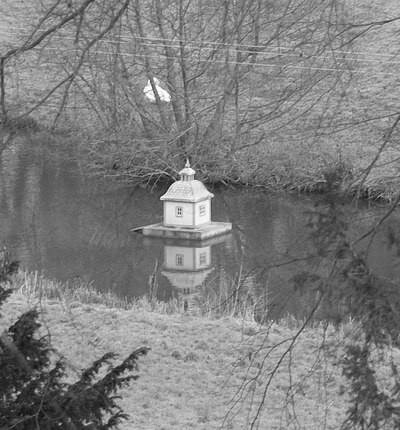The Demonization of Politicians
In sociology moral panics and folk devils have been around for some time as important ideas for understanding how certain groups become demonized in society.
Events get blown out of proportion by the media as evidence of widespread moral decline (the moral panic), and a particular group gets mischaracterized and blamed for it (the folk devil).
In many ways the British MPs expenses scandal of 2008 was very similar – although relatively few MPs had claimed expenses illegally, the media blew the events out of proportion and encouraged the public to see it as a widespread problem.
Politicians have, of course, traditionally been very powerful figures with the ability to demonize others, such as immigrants or welfare benefit claimants, but arguably are hated almost as much now as many other folk devils.
Project details:
In this project we are investigating how politicians come be demonized by society.
For example, why do some very popular politicians, like Tony Blair and Barack Obama come to be so virulently disliked?
Is it just because they fail to deliver their promised policies, or do we expect too much from them in the first place?
How can trust and confidence in politicians and politics be improved?
Does this problem tell us something more generally about the tensions and transformations of our democratic societies?
One output from this project so far is “From Folk Devils to Folk Heroes: Rethinking the Theory of Moral Panics” by Matthew Flinders and Mattew Wood. It focuses on deification and how actors can go from “folk hero” to “folk devil” using the examples of Tony Blair and Barack Obama.






